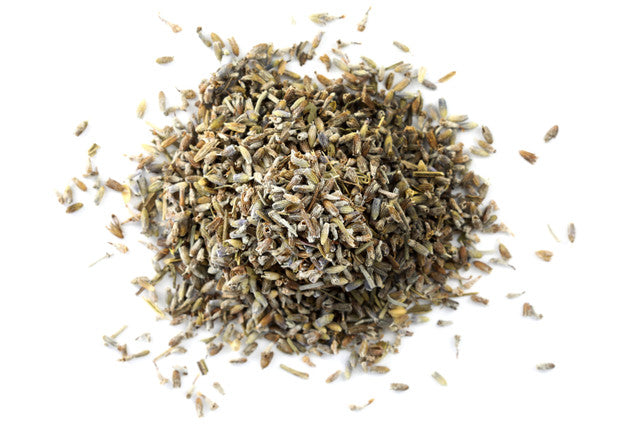
1
/
of
1
Healing Herbals
English Lavender Flower
English Lavender Flower
No reviews
Regular price
$25.13
Regular price
Sale price
$25.13
Unit price
/
per
Shipping calculated at checkout.
Couldn't load pickup availability
English Lavender Flower | Healing Herbals
Our English Lavender Flower has been carefully selected by hand due to its gentle fragrance and never-fading look. Grown in the English countryside,
Can be brewed in a tea put into a satchel used for aromatherapy and more
Share


Here at Healing Herbals Store
We carefully select suppliers who share our commitment to environmental stewardship and minimize waste through eco-conscious or reused packaging whenever possible. We prioritize supporting fair labor practices and are currently investing in regenerative farming methods, so every product reflects our dedication to both quality and the health of our planet. Shop now!

